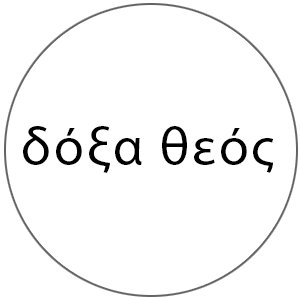Apocrypha

King James Bibles that were published before 1666 included the Apocrypha, though separately to denote them as not equal to Scripture proper, as noted by Jerome in the Vulgate, to which he gave the name, "The Apocrypha".
They were removed from the Bible by the Protestant Church in the 1800's.
What is the Value of the Apocrypha?
It has historical merit that provides additional background and may assist in understanding. It provides some history between the closing of the Old Testament New Testament - a period of "silence" that spanned about 400 years.
Why Reject the Apocrypha's Inclusion in the Holy Bible
1. Not enough manuscript evidence. One important question scholars ask when analyzing the Scripture canon is if books have a line of tradition backing them. So, if we find these additions to Esther, Daniel, and the Psalms aren’t just in the Septuagint but in many or all of the earlier Hebrew copies of those books, then we could call the additions canonical. What we see instead is that those additions appear in the Septuagint, but not in earlier Hebrew copies of Esther, Daniel, or the Psalms. Thus, we don’t have the manuscript evidence to make good historical cases for these additions as Scripture.
2. The canon was closed already. While scholars debate when exactly the Jews considered the Old Testament to be closed, there’s consensus that they believed at some juncture prophecy stopped, and the apocryphal books were written after that period. For example, when Jewish historian Josephus talks about the Hebrew Bible in Against Apion, he says “Although such long ages have now passed, no one has ventured neither to add, or to remove, or to alter a syllable.” Neither he nor his contemporaries include apocryphal books in their lists or descriptions of the Old Testament canon. For them, the Apocrypha were interesting books, but not divinely inspired.
3. Tonal shifts. Some of these books are written in ways that don’t fit with the canonical texts. For example, Carey A. Moore notes in an article for the Encyclopedia of Jewish Women that the additional scenes about Esther feel like “high drama” added by a later writer. The characterization of Esther in these scenes doesn’t fit the rest of the narrative, nor does the style. That strongly suggests that these additions to Esther are later bits tacked on by someone else.
4. Thematic problems. Many of these works have themes or messages that don’t fit with the rest of Scripture. For example, the Book of Wisdom describes the soul as good but the body as bad, “a weight upon the soul” (Wisdom 9:15), and the Book of Tobit says that people can be saved by giving alms (Tobit 12:9). Two of the additions to Daniel seem to focus on human cleverness without God—he tricks liars into showing their perjury, he kills a dragon by feeding it food it can’t handle, he and shows that priests are stealing food by putting down ashes so they leave footprints. The emphasis is on Daniel being clever, without him giving glory to God for his giftedness. He comes across as just being a naturally smart guy who gets places on his own steam. The canonical book of Daniel describes Daniel and his friends as wise, but it focuses on God providing surprising help for them in tough situations and giving Daniel visions.
5. Lack of apostolic evidence. One important consideration about canonical Scripture is whether Jesus or the Apostles quoted from certain books and described them as Scripture. Jesus quoted or referred to Old Testament books many times (such as his discussions about the law in the Sermon the Mount), he doesn’t quote the Apocrypha. Paul and other Apostles referred to and quoted the Old Testament many times too, but none of them quote the Apocrypha or describe them as Scripture. The closest we get to that is Jude referencing ideas from another set of books labeled the Pseudepigrapha.





